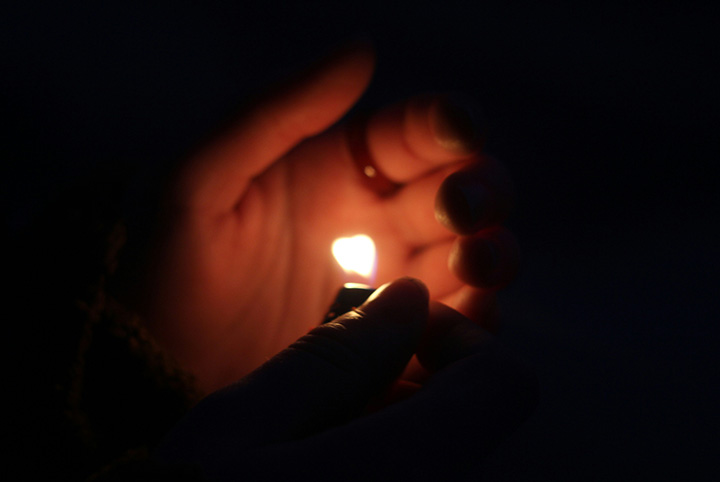In early November, social media timelines were abuzz with the phrase: "November, please be nice." The phrase seemed lighthearted, but behind it lurked a weary tone, a wish for time to be a little gentler than the previous month. It seems that this is not just a trend, but an echo of a collective weariness, a faint cry of modern man who feels far from peace, even from himself.
The same voice we hear in Psalm 102, “LORD, hear my prayer, and let my cry for help reach you.” The Psalmist does not hide his pain. He describes his days that vanish like smoke, bones that burn like a furnace, and a heart that withers like grass. His prayer is a cry that no longer seeks answers, but presence. Furthermore, in verse 7 & 8 the psalmist presents two strong images, that he resembles a lark in the wilderness, and like a cowbird in the ruins. The lotus bird should live in the wetlands, but is now lost in the wilderness; the cowbird usually roosts in the forest, but is now in the ruins. Both have lost their habitat, like a soul that no longer knows where its “home” is. This is the experience of alienation, when one no longer fits where one belongs, when the world that once gave meaning now feels alien.
Existentialist psychologist Rollo May called alienation "the sickness of our time" when people lose connection with themselves, each other, and God. The Psalmist experienced this centuries before the psychological term emerged. He felt a spiritual dislocation. God seemed far away, prayers seemed to be reflected in a closed sky, while his body languished. But interestingly, in the midst of all that, he still prayed. He still says hello, still hopes to be heard. In the midst of suffering, humans can still choose how to deal with that suffering. The psalmist chose not to silence his heart. He let the pain become the language of prayer. Thus, feeling alienated is not a sign of lack of faith, but a form of honesty of faith. Honest faith does not always speak in tones of gratitude, sometimes it vibrates in tones of lament.
Friends of the Bible, in a fast-paced world, we may have felt like a cowbird flying among the ‘ruins’. But today's Psalm teaches that honesty before God is the beginning of restoration. There is no restoration without the acknowledgment of alienation. Sometimes, the first step towards God's presence begins with the courage to admit that "I feel distant." Perhaps that's why the call "November, please be nice" feels so relevant. Behind that simple sentence is the same prayer, "Lord, hear my prayer, do not hide your face from me." So, when that feeling of alienation arises, don't rush to judge yourself with accusations of losing faith. For, in fact, at the same time, we are standing at the threshold of prayer, discovering that God is still willing to hear even the weakest voice.





















